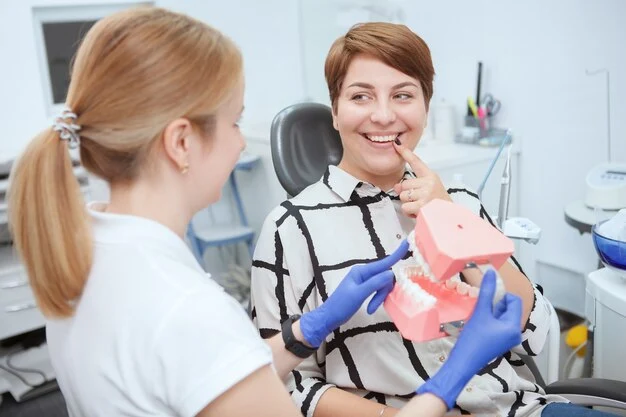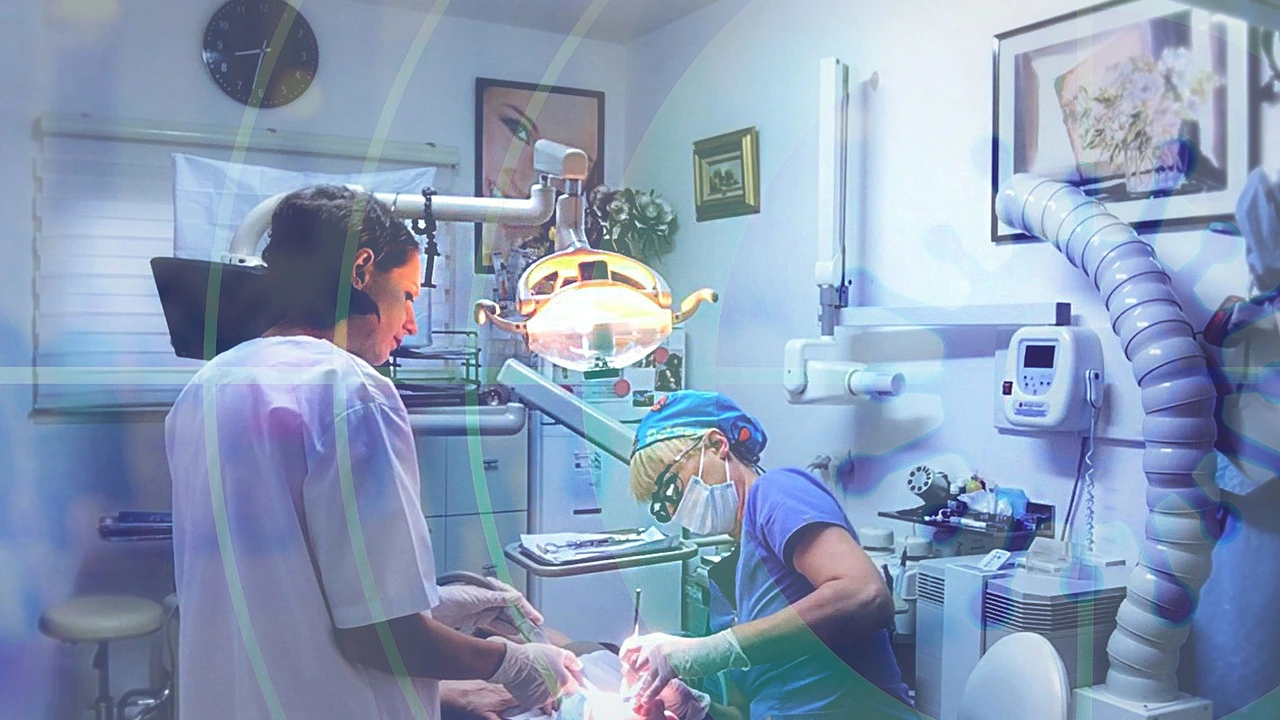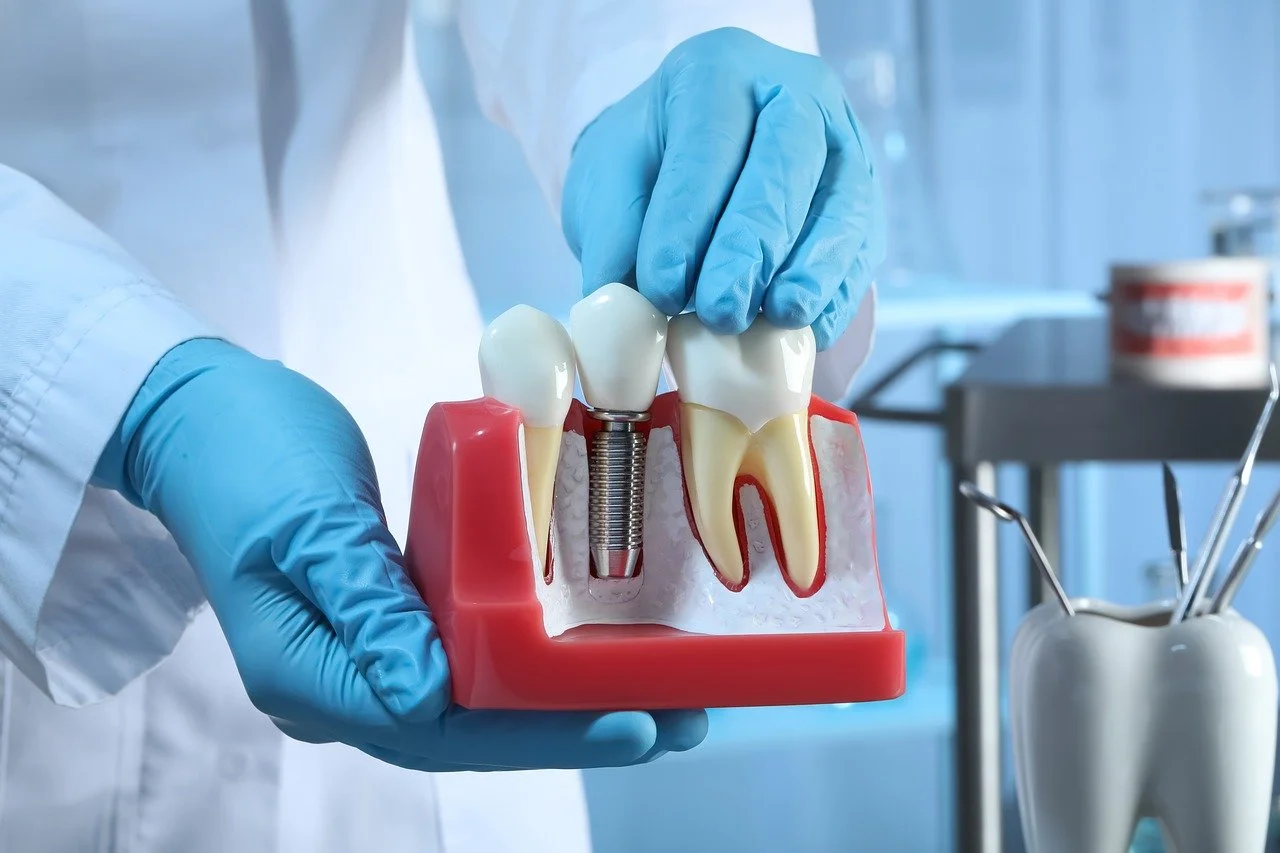Discover the comprehensive guide to Invisalign cost Glasgow. Understand factors affecting pricing, cost breakdown, and financing options for a confident, radiant smile Also we’ll address a common misconception related to its cost.
In recent years, Invisalign has gained immense popularity as an effective and discreet method for straightening teeth. If you’re considering this orthodontic treatment in Glasgow, one of the key factors that may be on your mind is the cost. In this article, we will delve into the various aspects that influence the Invisalign cost Glasgow. By the end, you’ll have a clear understanding of what to expect and how to make this investment in your smile.
Understanding Invisalign
Before we dive into the Invisalign Cost Glasgow, let’s briefly explain what Invisalign is?
Invisalign is a modern alternative to traditional braces. Instead of metal wires and brackets, Invisalign uses a series of clear, removable aligners to gradually shift your teeth into their desired positions. These aligners are custom-made to fit your mouth, making them comfortable and nearly invisible.
Factors Affecting Invisalign Cost Glasgow
When it comes to determining the cost of Invisalign in Glasgow, several factors come into play. It’s essential to consider these aspects:
Severity of Misalignment
The severity of misalignment refers to how much your teeth are out of their ideal position. This is a crucial factor influencing the cost of Invisalign treatment. Here’s why:
Number of Aligners
Invisalign treatment involves a series of clear aligners that are custom-made to gradually move your teeth into the desired position. For mild misalignments, fewer aligners are typically required, which reduces the overall cost.
Treatment Complexity
Severe misalignments may involve more complex movements of the teeth, which can require a more extended treatment plan and more aligners. This complexity can result in a higher cost.
Additional Procedures
In some cases of severe misalignment, additional procedures like tooth extractions or attachments may be necessary, adding to the overall cost.
It’s essential to have an orthodontist assess the severity of your misalignment during the initial consultation to provide you with an accurate cost estimate.
Treatment Duration
The duration of your Invisalign treatment is another significant factor impacting the cost. Here’s how it works:
Number of Aligners
Invisalign aligners are typically worn for about two weeks before progressing to the next set. Longer treatments may require a more extensive series of aligners, each contributing to the cost.
Orthodontic Check-Ups
During your treatment, you’ll have periodic check-ups with your orthodontist. Longer treatments mean more frequent visits, potentially increasing the cost.
Treatment Planning
Prolonged treatment durations may require more intricate planning and adjustments, contributing to higher overall costs.
Clinic Location
The location of the dental clinic where you receive your Invisalign treatment can impact the cost in the following ways:
Cost of Living
Dental care costs can vary significantly from one region to another based on the local cost of living. In larger cities like Glasgow, where the cost of living may be higher, you might find that dental services are generally more expensive.
Competition
The level of competition among dental clinics in a particular area can also affect pricing. In areas with numerous orthodontic providers, there may be more competitive pricing to attract patients.
Orthodontist’s Expertise
The experience and reputation of the orthodontist handling your Invisalign treatment can be a factor in the cost. Here’s how:
Experience
Highly experienced orthodontists may charge more for their services because they bring a wealth of knowledge and expertise to your treatment.
Reputation
Orthodontists with a strong reputation for delivering excellent results may command higher fees.
Specialization
Orthodontists who specialize in Invisalign treatments may have higher fees due to their specific expertise in this area.
It’s important to strike a balance between the orthodontist’s expertise and your budget when choosing a provider.
The cost of Invisalign in Glasgow is influenced by a combination of factors, including the severity of misalignment, treatment duration, clinic location, and the orthodontist’s expertise. To get an accurate estimate for your specific case, it’s recommended to schedule an initial consultation with an orthodontist who can assess your needs and provide a customized treatment plan and cost estimate.
Invisalign Cost Breakdown

Initial Consultation
Before you start on your Invisalign treatment journey, an initial consultation with an orthodontist is essential. During this appointment, your orthodontist will assess your dental needs and create a treatment plan. The cost of this consultation typically falls in the range of £50 to £100. It’s an essential first step to determine the scope of your treatment and its associated costs.
Invisalign Aligners
The most substantial portion of the Invisalign cost is attributed to the aligners themselves. These clear, custom-made aligners are tailored to your specific treatment plan. The average price for a full Invisalign treatment in Glasgow typically ranges from £2,500 to £4,500. Keep in mind that the exact cost can vary based on the complexity and duration of your treatment.
Retainers
After successfully completing your Invisalign treatment and achieving your desired smile, you’ll need to wear retainers to maintain the results. Retainers help prevent your teeth from shifting back to their original positions. The cost of retainers usually ranges from £100 to £300. Your orthodontist will provide guidance on how long you should wear retainers to ensure lasting results.
Additional Costs
It’s important to consider potential additional costs that may arise during your Invisalign treatment:
X-rays
Some orthodontic treatments require X-rays for a more in-depth assessment of your dental structure. The cost of X-rays can vary but is typically included in the overall treatment cost.
Follow-Up Appointments
Throughout your treatment, you’ll have follow-up appointments with your orthodontist to monitor progress and make necessary adjustments to your treatment plan. These appointments are usually included in the treatment cost.
Necessary Adjustments
In some cases, additional aligners or adjustments may be required during the treatment, potentially incurring extra costs. Your orthodontist will inform you if any additional expenses are necessary.
Financing Options
Managing the cost of your Invisalign treatment is possible through several financing avenues:
Dental Insurance
Check with your dental insurance provider to see if they cover orthodontic treatments, including Invisalign. Coverage can significantly reduce your out-of-pocket expenses.
Payment Plans:
Many orthodontic clinics offer flexible payment plans that allow you to spread the cost of your Invisalign treatment over time. These plans can make the treatment more affordable and manageable for patients.
Health Savings Account (HSA) or Flexible Spending Account (FSA):
If you have an HSA or FSA, you can use these accounts to cover orthodontic expenses, potentially saving on taxes. Confirm with your account provider about eligibility and coverage.
Third-Party Financing
There are specialized companies that focus on healthcare financing, including orthodontic treatments like Invisalign. These financing options can help you cover the cost of treatment and provide convenient repayment plans.
Understanding the breakdown of Invisalign cost Glasgow is essential for budgeting your orthodontic treatment. Additionally, exploring various financing options can help make Invisalign more accessible and affordable, ensuring you achieve the smile you desire.
Common Misconception: “Invisalign is Always More Expensive Than Braces”
While Invisalign can have a higher initial cost, the misconception that it’s always more expensive than traditional braces are not accurate. In some cases, Invisalign costs may be comparable, and the benefits of clear aligners often outweigh the cost difference for many patients.
Conclusion
Investing in Invisalign can lead to a beautiful, confident smile. While the cost may seem daunting at first, it’s essential to consider the long-term benefits. Remember, your smile is an asset, and Invisalign is an investment in your self-confidence and oral health.
The decision to undergo Invisalign treatment in Glasgow involves careful consideration of various factors. The severity of misalignment, treatment duration, clinic location, and the orthodontist’s expertise all play pivotal roles in determining the overall cost. Knowing the cost breakdown, including the initial consultation, Invisalign aligners, retainers, and potential additional expenses, empowers individuals to make informed choices regarding their orthodontic journey. Moreover, the availability of financing options, such as dental insurance, payment plans, HSAs, FSAs, and third-party financing, offers flexibility in managing the financial aspect of treatment. Ultimately, while the cost may pose initial concerns, the investment in a confident, healthy smile is immeasurable, making Invisalign a valuable choice for those seeking orthodontic solutions in Glasgow.
Now that you’re well-informed about the Invisalign cost Glasgow, take the first step towards achieving the smile you’ve always wanted.
FAQs
Is Invisalign more expensive than traditional braces?
Invisalign can be slightly more expensive than traditional braces, but the cost difference is often worth it for the comfort and aesthetics it offers.
How long does Invisalign treatment typically take?
The duration of Invisalign treatment varies from person to person but usually ranges from 6 months to 2 years.
Can I eat and drink with Invisalign aligners in?
You should remove your aligners when eating or drinking anything besides water to prevent staining and damage.
Are there age restrictions for Invisalign?
Invisalign can be suitable for both teens and adults, but the orthodontic evaluation will determine eligibility.
Is Invisalign painful?
While there may be some discomfort during the initial adjustment period, Invisalign is generally less painful than traditional braces.










